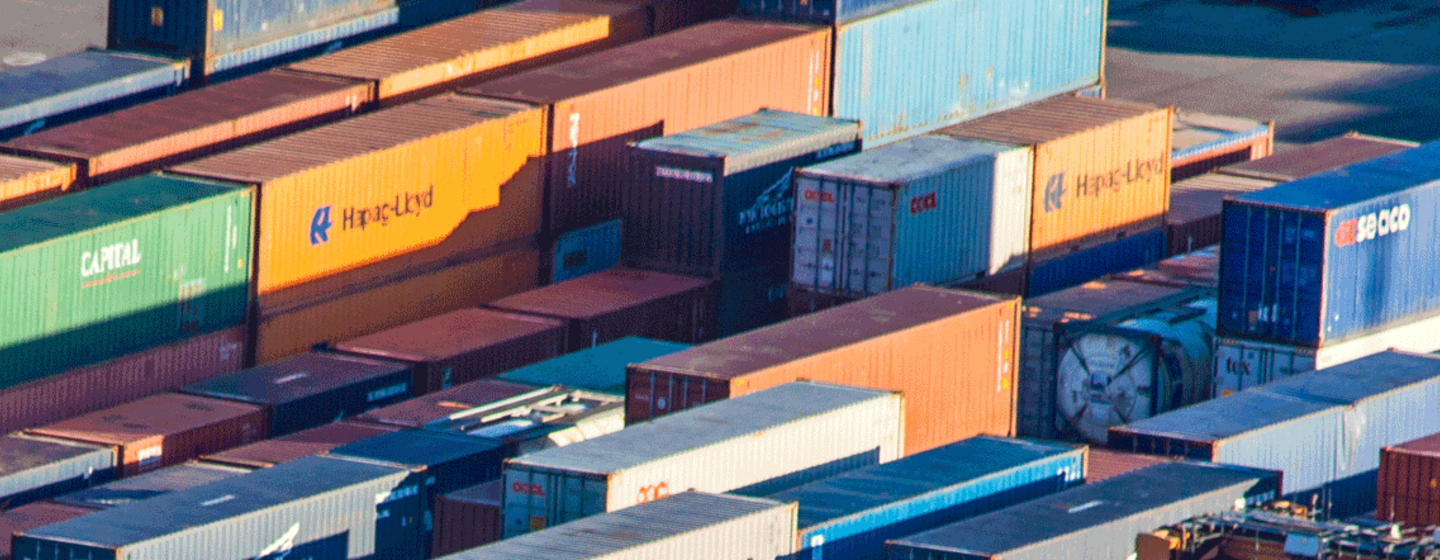A new information paper from Swift Standards explains how market infrastructures can defend against fragmentation and manage the transition to ISO 20022
Global payment systems are currently going through an industry transformation due to a plethora of reasons including regulatory compliance, the updating of legacy technologies, as well as the provision of new market-efficient infrastructures and services. In the United States, for example, banks are currently struggling with payment formats and meeting regulatory requirements for complex payments. In other parts of the world there is concern that emerging technologies, such as Distributed Ledger Technologies or Open APIs, are not being developed with interoperability in mind in order to ease future adoption. Technical standards, usually the unsung heroes of financial messaging, are now stepping forward as the key enablers of this evolution.
The future: ISO 20022
A key global standard for new or modernised financial market infrastructures (FMIs) has emerged called ISO 20022. An open industry standard that provides common definitions and structures for transaction data, ISO 20022 can replace the limited, proprietary formats that were often specified in the past with many advantages. This increasingly widely adopted standard can provide efficiencies for global banks that participate in multiple FMIs, enabling robust end-to-end business processes without loss or misinterpretation of data, promoting a level playing field for participants with a reduction in switching costs and implementation effort.
Dangers exist, however, with the potential of fragmentation to the ISO 20022 standard. The variability in the ways in which the standard is deployed, in terms of message versions, market practice rules and release cycles, threatens to undermine its value as a means to reduce industry cost and operational risk. Swift Standards, one of the principal contributors to ISO 20022, believes in the necessity to combat this tendency through information sharing, the creation and adoption of global market practice, and regular upgrade cycles for FMIs.
Lessons learned
In order to help market infrastructures defend against fragmentation and manage the transition to ISO 20022, Swift Standards has released an information paper entitled “ISO 20022 Implementation Strategies”. The paper combines Swift’s experience as advisers to several successful implementation projects with case studies from a number of major FMIs in different stages of their ISO 20022 journey, illustrating a variety of implementation strategies including pros and cons and lessons learned.
According to the paper, successfully implementation of ISO 20022 should ideally depend on multiple factors including the size and maturity of the community, the nature of the service, the regulatory environment, and the business objective of the implementation. Overall, application needs to be planned as a community effort. Decisions about the style, speed and scope of a project must involve effective communication between the widest set of stakeholders: direct and indirect participants, regulators, vendors, service providers and consultants.
Living together
When implementing ISO 20022, Swift Standards believes that - as far as possible - a harmonised approach should be taken. Key emerging themes from the paper include the need to communicate, starting with a clear vision of the initiative, its business drivers and advantages, and continuing through all stages of the project to keep stakeholders informed and on-side. With standards pushing the way forward, the efficiency and interoperability of global payment systems are now that much closer within our grasp.
Download the paper


